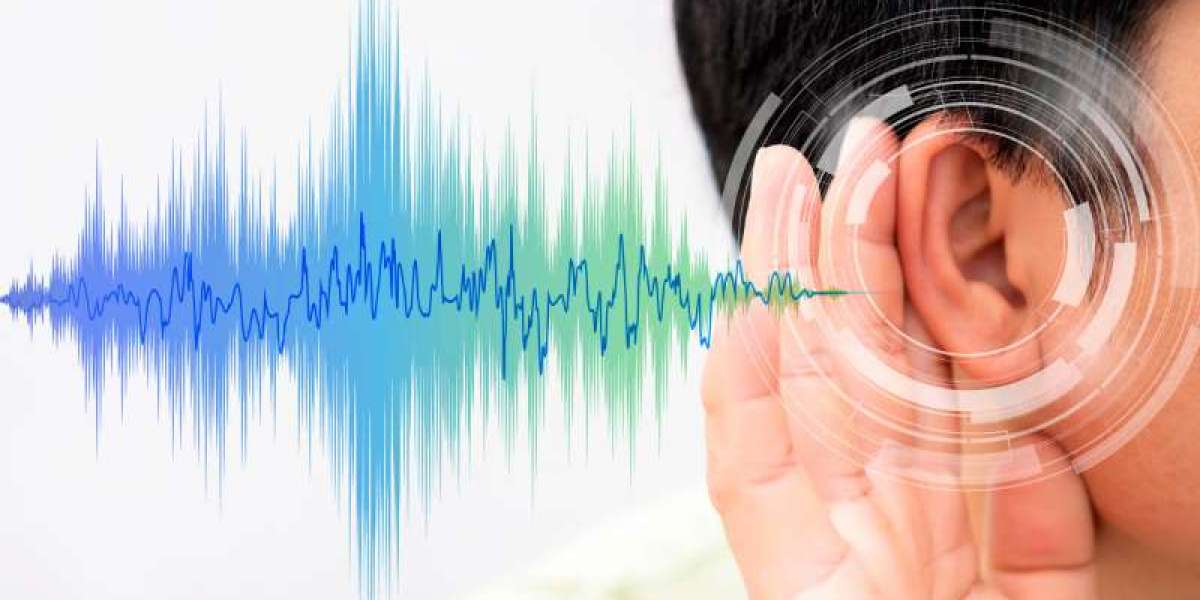We've all been there—jumping out of the pool or finishing a nice hot shower, only to feel that annoying slosh in your ear. That stubborn water just won’t come out. Not only is it uncomfortable, but it can also cause infections if left untreated. So, let’s talk about how to get rid of water in your ear—quickly and safely.
Common Symptoms of Water in the Ear
Muffled Hearing
Your hearing may feel blocked or muted, like you’re underwater.
Tickling Sensation
A light tickle that just won’t go away—especially deep inside the ear canal.
Sloshing Sound
If it sounds like there’s a mini aquarium in your ear when you move your head… yep, water’s trapped in there.
Why It's Important to Remove Water Quickly
Water that stays in your ear can turn into something more serious.
Risk of Infection (Swimmer’s Ear)
Trapped moisture creates the perfect environment for bacteria to grow. The result? Swimmer’s ear—an itchy, painful infection.
Pain and Discomfort
If the water stays too long, it can cause pressure, inflammation, and major discomfort.
10 Effective Methods to Get Water Out of Your Ear
1. Gravity Trick (Tilt and Jiggle)
Tilt your head sideways and give your earlobe a gentle tug. Gravity might just do the job.
2. Create a Vacuum (Palm Suction Method)
Cup your palm over the ear, press in gently, then quickly release. It can act as a small plunger, sucking the water out!
3. Use a Hair Dryer (Carefully!)
Set it on low heat and hold it a few inches from your ear. Gently pull your ear lobe and let the warm air dry things up.
4. The Valsalva Maneuver
Pinch your nose shut, close your mouth, and gently blow. It can open your Eustachian tubes and help release trapped water.
5. Lie Down on Your Side
Just lie on the affected side and relax. Sometimes, good ol' gravity works best while you chill.
6. Use Alcohol and Vinegar Drops
Mix equal parts rubbing alcohol and white vinegar. A few drops can help evaporate water and kill bacteria too.
7. Hydrogen Peroxide Solution
Similar to alcohol drops, peroxide can break up wax and water bubbles. But only use it if your ear is waxy, not infected.
8. Chewing or Yawning Movements
Moving your jaw can shift your ear canal and help drain the water.
9. Warm Compress
Place a warm cloth over the ear for 30 seconds. This can relax the muscles and help the water find its way out.
10. Over-the-Counter Ear Drops
Pharmacy shelves usually carry ear-drying drops. Follow the directions and let them do the trick.
What NOT to Do
Avoid Cotton Swabs
Seriously—don’t. You risk pushing the water deeper or damaging your eardrum.
No Fingers or Sharp Objects
Tempting, yes. Smart? Absolutely not. It can lead to scratches, pain, or worse.
When to See a Doctor
Persistent Symptoms
If it’s been more than 48 hours and you still hear sloshing, it’s time to call your ENT.
Pain or Discharge
Yellow or green fluid, foul smell, swelling? These are signs of infection that need treatment.
Prevention Tips
Use Earplugs While Swimming
Especially in lakes, pools, or showers—keep water out before it sneaks in.
Dry Ears Thoroughly
After any water exposure, towel dry your outer ear and tilt your head side to side.
Conclusion
Getting water in your ear is annoying, but it doesn’t have to be a big deal. These 10 methods are quick, easy, and safe to do at home. Remember, the key is acting fast to avoid discomfort and infection. And hey, now you’ve got the tools to stop that sloshing sound for good!


